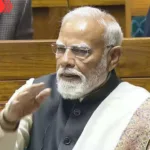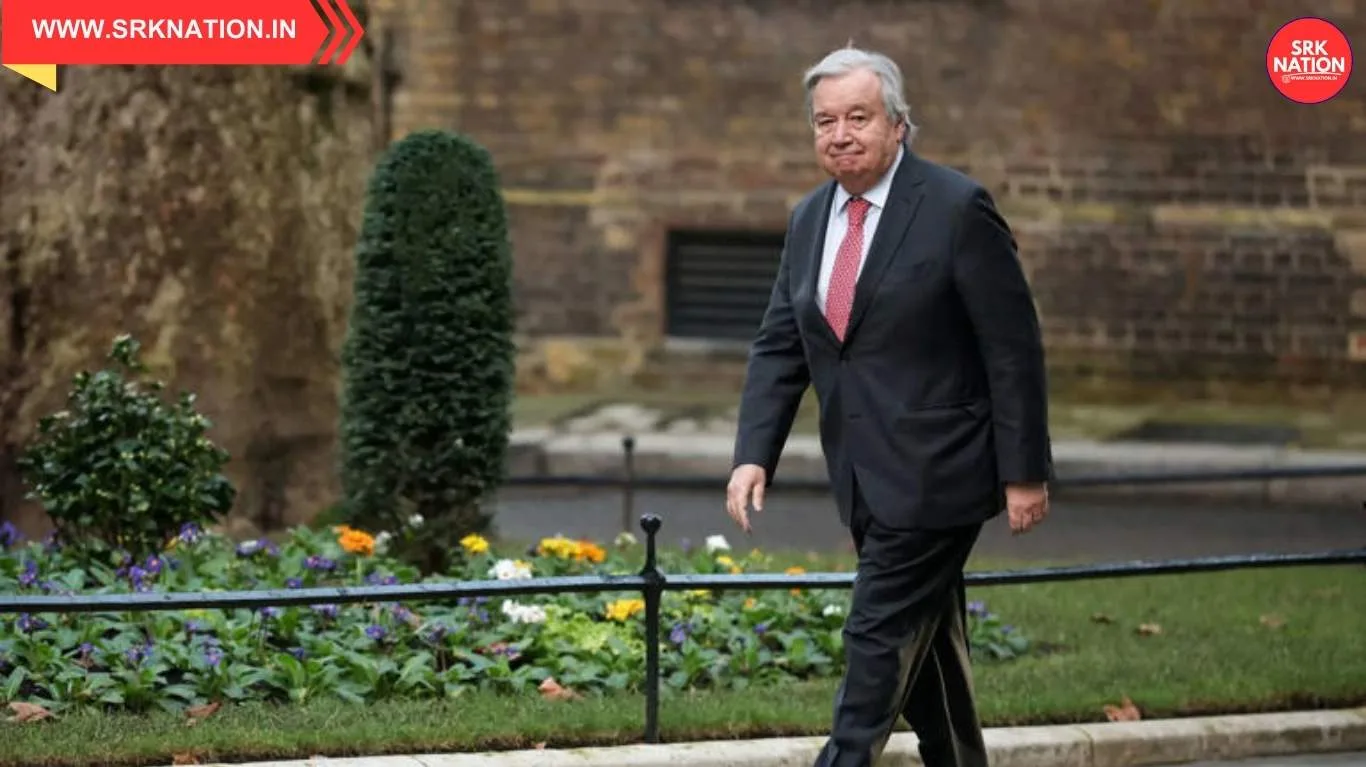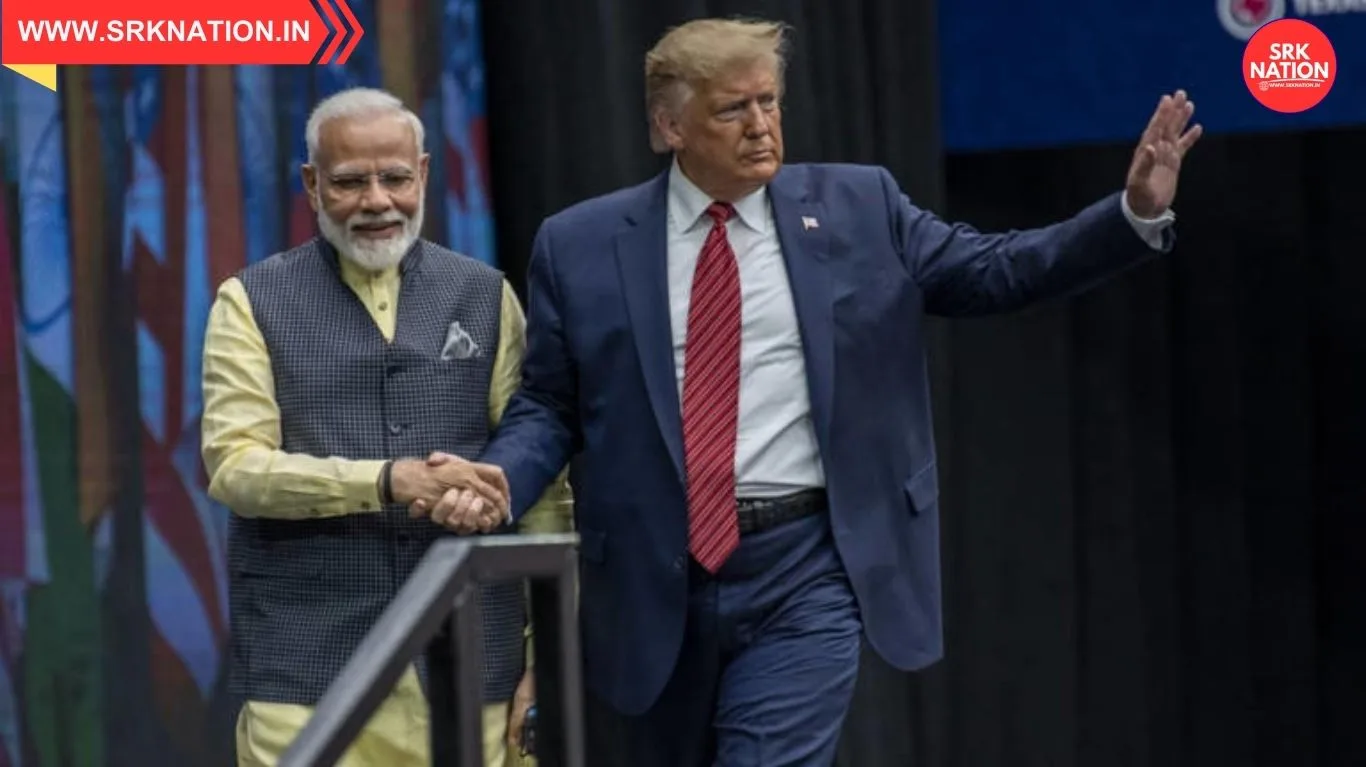Brazil has warned of retaliatory tariffs if former US President Donald Trump implements his proposed 50% import tax on all goods entering the United States, a policy he has reiterated during recent campaign speeches. The escalating rhetoric is raising fears of a global trade war that could severely disrupt supply chains, increase consumer prices, and strain diplomatic ties between the Western Hemisphere’s two largest economies.
What Did Trump Say About the 50% Import Tax?
During his campaign rally in Florida last week, Trump declared:
“We will impose a 50% tax on every product that comes into our country unless these countries start treating America fairly.”
He framed the tax as necessary to protect American manufacturing and reduce the trade deficit. Although he did not name Brazil specifically, the blanket nature of the proposed tariff would directly impact Brazilian exports to the US, worth nearly $40 billion annually.
Brazil’s Response: Tariff Retaliation Warning
Brazilian President Luiz Inácio Lula da Silva responded firmly, stating:
“If the US imposes such a punitive tariff on Brazilian products, we will have no choice but to retaliate proportionally to protect our economy, workers, and sovereignty.”
Brazil’s Foreign Minister Mauro Vieira echoed this, indicating that retaliatory measures would target American agricultural and industrial exports critical to US southern and midwestern states.
Key Brazilian Exports to the US Potentially Affected
| Sector | Annual Export Value (USD Billion) | Potential Impact of 50% US Tariff |
|---|---|---|
| Crude oil & fuels | $12 | Severe reduction in competitiveness; redirection of exports to China or Europe |
| Iron & steel | $5 | US construction sector costs rise; loss of Brazilian market share |
| Agricultural products (coffee, orange juice, soy) | $8 | Price hikes for US consumers; disrupted food processing supply chains |
| Aircraft (Embraer jets) | $4 | Potential decline in regional airline purchases amid higher costs |
What Retaliatory Tariffs Might Brazil Impose?
Brazil is expected to target:
- US Soybeans: Brazil is the world’s largest soybean exporter but also imports specific processed soy products from the US. Retaliatory tariffs here would hurt American farmers already facing Chinese competition.
- Corn & Wheat Imports: US agricultural groups could face export restrictions or taxes in Brazil’s grain market.
- Automotive Parts: Targeted tariffs on auto parts imported from the US for Brazil’s growing domestic automotive industry.
- Technology & Industrial Equipment: Taxing US machinery and technology products to incentivise European and Asian alternatives.
Why Is This Tension Significant for Global Trade?
The US and Brazil have historically enjoyed robust economic ties despite periodic trade disputes. Brazil is:
- America’s ninth-largest trading partner
- A critical supplier of energy products, minerals, and agricultural goods
- The largest economy in Latin America, with deepening trade relations with China, Europe, and African nations
If Brazil redirects its exports away from the US due to high tariffs, it could accelerate Beijing’s efforts to consolidate economic partnerships in South America under its Belt and Road framework.
Impact on Key US Export Sectors
| US Export Sector to Brazil | Annual Export Value (USD Billion) | Potential Retaliation Impact |
|---|---|---|
| Machinery & equipment | $10 | Reduced market access, impacting manufacturing sector jobs |
| Agricultural products (soy, corn, wheat) | $5 | Declining sales for US farmers; potential glut in domestic markets |
| Chemicals & plastics | $3 | Loss of market share to EU and Asian suppliers |
| Aircraft & parts | $4 | Boeing sales could face restrictions amid Embraer-Boeing tensions |
Broader Implications for Latin America-US Relations
Trump’s tariff policy threatens to unravel years of hemispheric trade integration efforts:
- Mercosur Disruption: Brazil is a founding member of Mercosur. Harsh US tariffs could push the bloc towards China-led trade frameworks.
- Regional Realignment: Countries like Argentina, Paraguay, and Uruguay may support Brazil’s retaliation stance, weakening US influence in South American trade forums.
- China’s Strategic Gain: Beijing could exploit the rift to expand its investments in Brazilian energy, mining, and agricultural infrastructure, further eroding US economic leverage.
Business and Political Reactions Within the US
US agricultural and manufacturing lobbies have expressed deep concerns over Trump’s proposed policy:
- American Farm Bureau Federation: Warned that retaliatory tariffs by Brazil, China, and the EU could devastate American farmers already grappling with narrow profit margins and rising input costs.
- US Chamber of Commerce: Labelled the proposed import tax as “catastrophic for the American economy,” warning of higher prices, supply shortages, and retaliation-driven job losses.
Republican leaders are divided. While protectionist factions view it as necessary to bring manufacturing back to the US, trade-focused conservatives caution that:
“Blanket tariffs are effectively a tax hike on American consumers and businesses.”
Potential Global Ripple Effects
- Commodity Markets: Disruptions in Brazilian oil, soy, and iron exports to the US could realign global commodity flows, creating new price benchmarks favouring Asian buyers.
- Currency Markets: The Brazilian real may strengthen against the dollar if Brazil’s export portfolio pivots swiftly to alternative buyers.
- Supply Chains: Automotive, aerospace, and food processing industries relying on integrated US-Brazil supply chains could face months-long realignment challenges.
Is Trump Likely to Implement the 50% Tariff if Elected?
While Trump’s economic nationalist rhetoric has proven popular among certain voter segments, implementing a 50% blanket tariff would require navigating Congressional opposition, WTO challenges, and lobbying pushback from affected industries.
However, experts warn that even campaign threats of such policies create real economic uncertainty, as companies begin contingency planning, re-pricing strategies, and market diversification, ultimately impacting jobs and growth well before actual implementation.
Brazil’s Strategy Going Forward
President Lula’s administration is expected to:
- Coordinate with Mercosur & BRICS: Build regional and South-South coalitions to counterbalance potential US trade aggression.
- Accelerate China and EU Trade Talks: Finalise pending trade agreements with Beijing and Brussels to safeguard Brazilian export markets.
- Leverage WTO Mechanisms: Prepare legal challenges while signalling willingness to retaliate, aiming to deter the US from pursuing the tariff threat.
Conclusion
The looming trade clash between the US and Brazil underscores growing global anxieties over protectionist policies that threaten established trade balances. Trump’s proposed 50% import tax has the potential to trigger cascading retaliations from Brazil and beyond, deepening global inflationary pressures and reshaping commodity markets. As the 2025 presidential campaign intensifies, the world will watch whether economic realism or electoral populism shapes America’s trade policy trajectory.
Disclaimer: This news analysis is based on public statements, trade data, and economic forecasts. It does not constitute investment advice or official diplomatic positions and is intended solely for informational and journalistic purposes.











